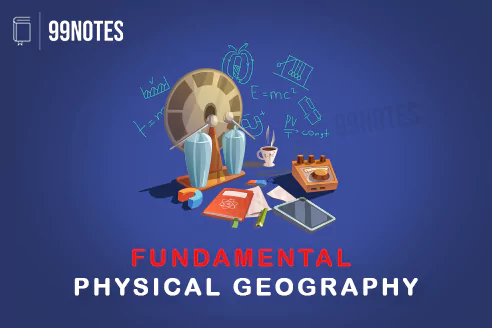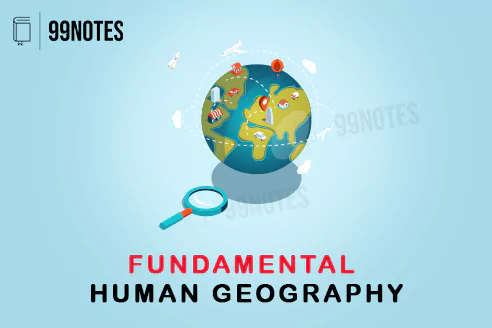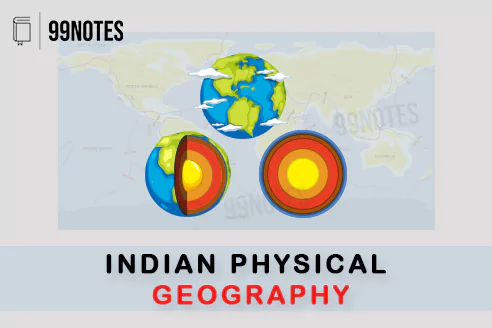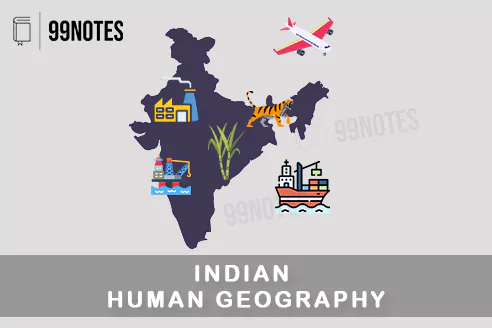
Complete Geography UPSC Notes & Syllabus Download

Fundamental Physical Geography
Physical geography is the study of the Earth’s physical features and processes, including the landforms, oceans, atmosphere, and climate. These topics are closely related to many aspects of human society and the environment, and a strong foundation in physical geography can help you to better understand and analyze the issues that you will encounter in the civil service exam.

Fundamental Human Geography
Human geography is the study of the ways in which human societies are shaped and influenced by their physical and cultural environments. It is a broad field that encompasses a wide range of topics, including population, migration, economic development, cultural practices, and political systems. A basic understanding of fundamental human geography can be helpful for the UPSC CSE, as it can provide you with insight into the social, economic, and cultural factors that shape the world around us.

Indian Physical Geography
Indian physical geography is an important topic for the UPSC CSE, as it provides insight into the natural resources, hazards, and environmental issues that are relevant to the country. A basic understanding of India’s physical features and processes can help you to better understand and analyze the issues that you will encounter in the civil service exam.

Indian Human Geography
Indian human geography is an important topic for the UPSC CSE, as it provides insight into the social, economic, and cultural factors that shape the country. A basic understanding of these factors can help you to better understand and analyze the issues that you will encounter in the civil service exam.
